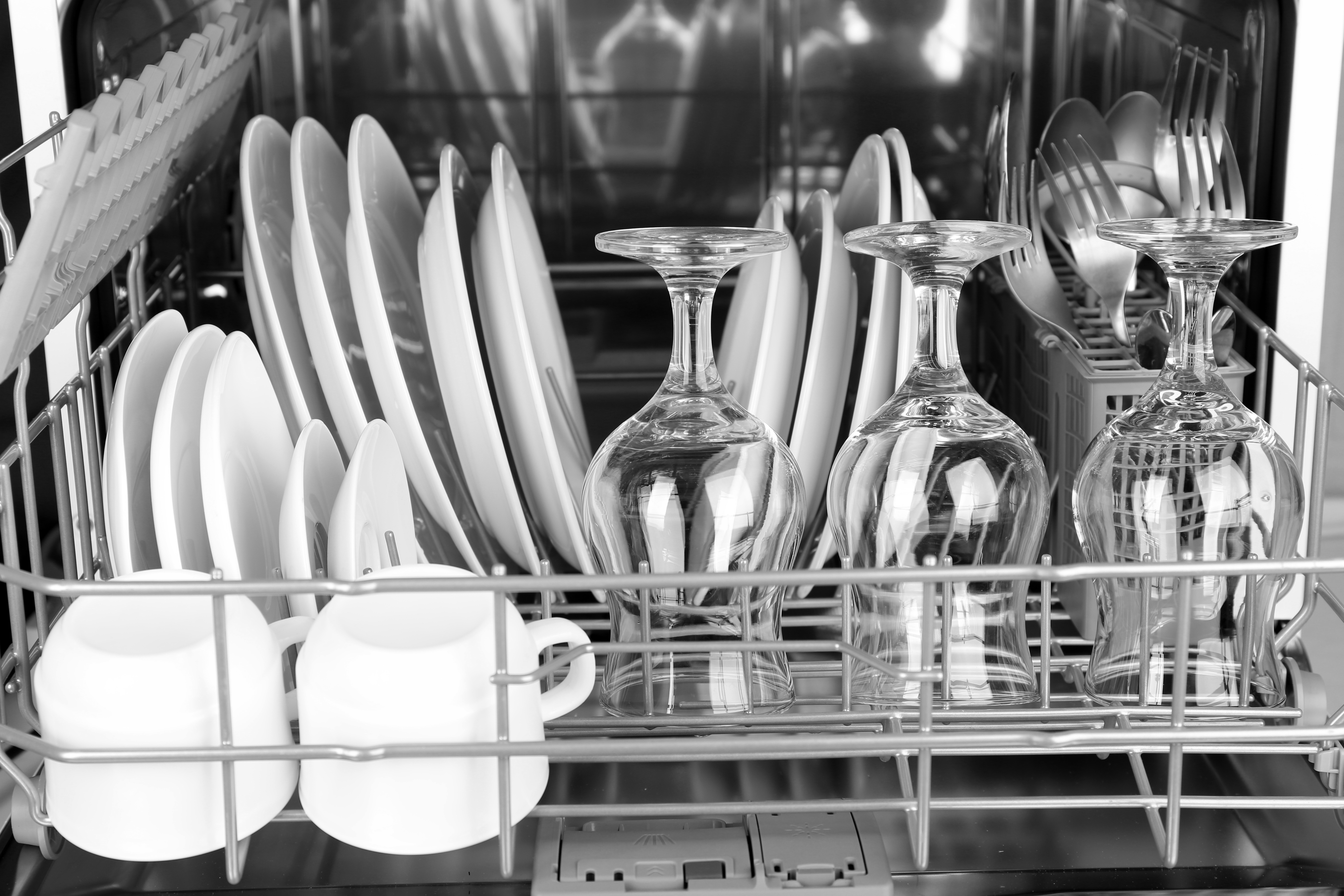Dishwasher Loading Faults You Overlook

- Tuesday, April 12, 2016
You entered your kitchen hoping that your dishwasher must have cleaned all utensils by now. But, to your surprise, the dishes and spoons are still wet and dirty, traces of oil apparent on plastic bowls, water pooled atop your upside down cups. No wonder you are driven crazy by the state of kitchen; but all of this might be simply because you didn’t load your dishwater properly.
Isn’t it better to take a closer look at the mistakes you make when loading your dishwasher rather than re-washing your utensils? To help you do just that, here are a few mistakes that you make unconsciously, resulting in you having to waste time and resources.
Placement of Carbohydrate-Containing Dishes
For a true kitchen person, it will be fun to sort out and collect dishes having the same group of nutrients.
Dishes that have carbohydrate-containing food, such as rice, pasta, sweets, and oatmeal, must be placed in the center of the dishwasher. This ensures that the water stream is directly pointing to these dishes for thorough cleaning.
Loading Up Bottom Shelf
Start from loading the bottom shelf of the dishwasher. Arrange it so that the plates, trays i.e. tall items, are kept close to the sides of the washer. Make sure there is enough space for the water to flow properly between every two items. Move from the sides towards the centre while loading this rack. The bowls or saucers should then be placed at the center.
Place the Dirtiest Utensils In front Of the Water Stream
Any utensil that requires thorough cleaning should be placed in the dishwater in a way that the front faces the water stream directly. You don’t want to do it the other way around, with the back facing the stream; after all, it’s the dirty face of the plate you want exposed to water.
Do Not Let Spoons and Forks Spoon
The cutlery requires just as much attention as the dishes when being placed in the dishwater. Spoons and forks tend to nestle together; this inhibits the cleaning process. If you have a basket to place cutlery in it, it’s best to use it. If not, alternate the orientation of the spoons and forks, that is, one upright and the next inverted.
Avoid Overloading and Under-loading
Overloading your dishwasher will buy you no advantage. This way, your utensils won’t come out properly cleaned and you will have to use it again, a waste of time and energy. Similarly, an under-loaded dishwasher is no good either. You want to maximize efficiency after all
So, if there are lots of utensils that need washing, go for two trips. And, if there are fewer utensils, it won’t hurt you to wash them yourself on the sink.
However, there are times when you feel the dishwasher itself needs thorough cleaning, continuous and long term use have degraded its performance. Hire the services of a professional cleaner. Show them the owner’s manual that came with your dishwasher and the professionals will know exactly how to treat your washer. First Class Cleaning FLA can provide you the best cleaning services for all areas of your kitchen and house. For consultation, contact First Class Cleaning FLA at 954-968-9728












